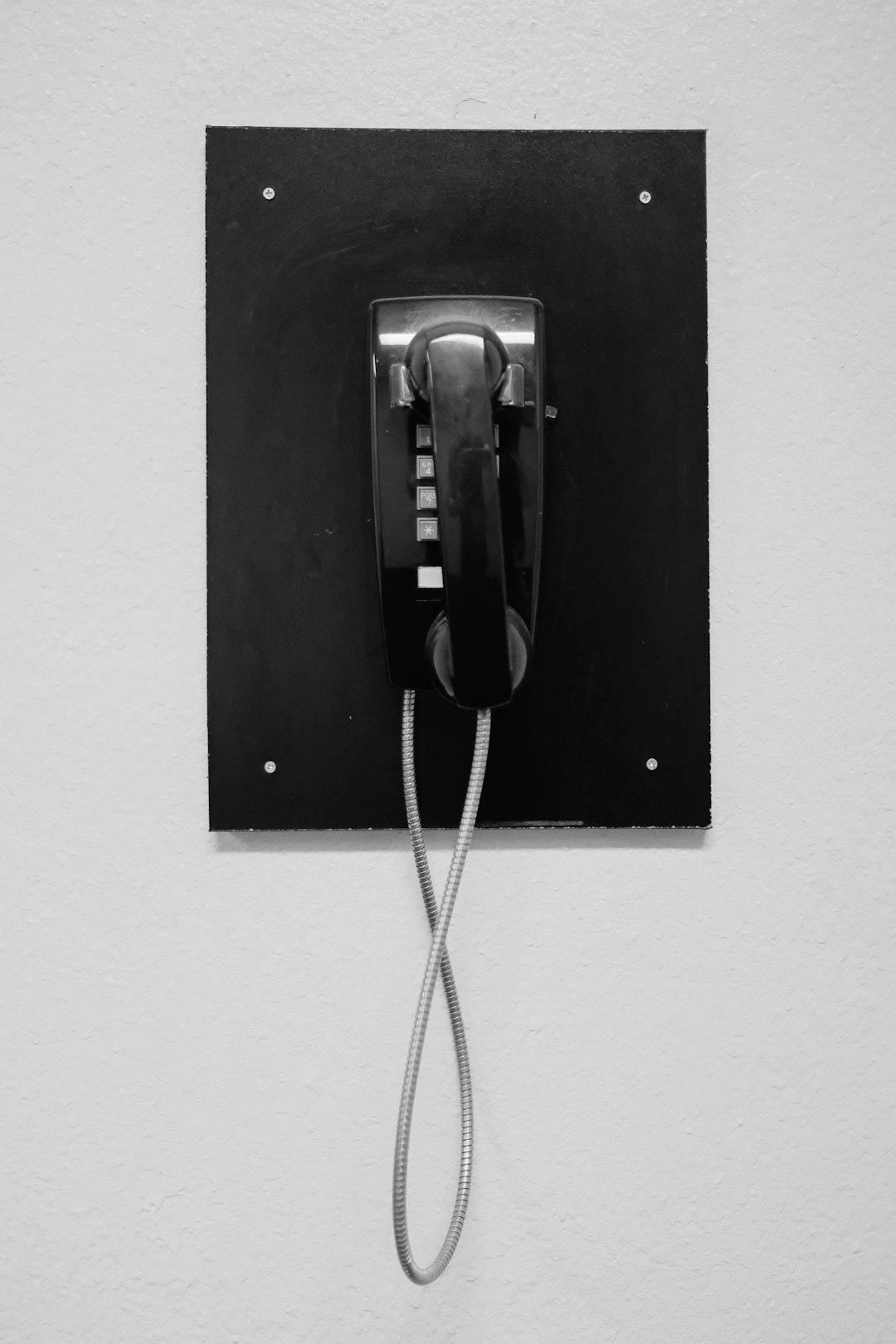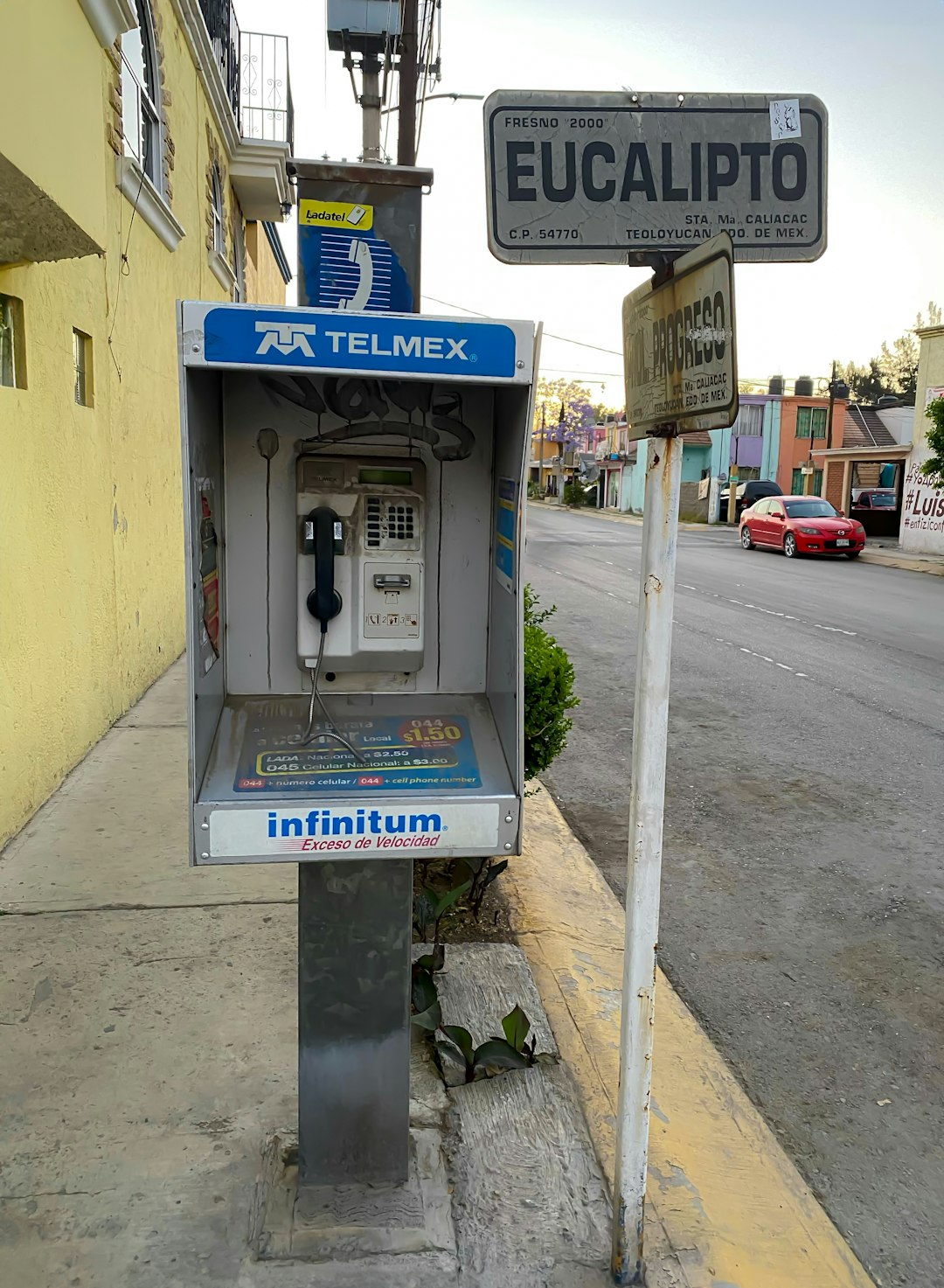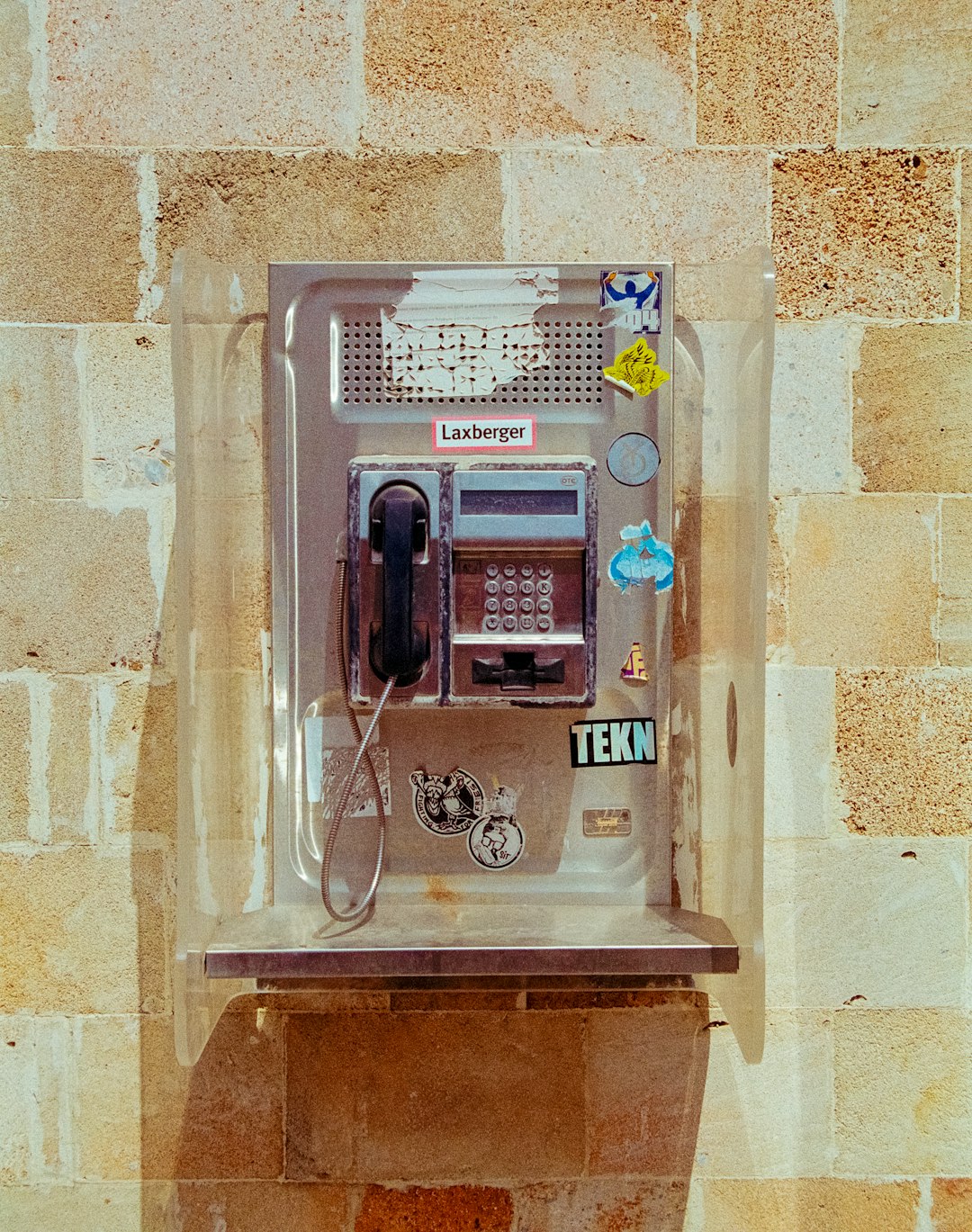In Iowa, robust protections against abusive debt collection tactics are provided by both state and federal laws, with debt collector lawyers playing a vital role in navigating this complex legal terrain. Debt collector lawyers must be licensed by the Division of Financial Services and adhere to strict rules on communication, information disclosure, and consumer complaints. Consumers benefit from requirements for written validation of debts and adherence to time limits on contact attempts. If rights are violated, individuals can file complaints or consult debt collector lawyers who specialize in consumer protection law, offering guidance and representation to uphold rights under the Fair Debt Collection Practices Act (FDCPA).
In Iowa, fair debt collection practices are enforced through a comprehensive framework designed to protect consumers. This article delves into the key aspects of this enforcement, including understanding fair debt collection practices specific to the state, the crucial roles of debt collector licensing and registration, and robust consumer rights and protections. Additionally, we explore legal actions against unfair debt collectors and provide resources for Iowans seeking legal assistance from debt collector lawyers.
Understanding Fair Debt Collection Practices in Iowa

In Iowa, fair debt collection practices are enforced by both state and federal laws, providing consumers with important protections against abusive or unfair tactics from debt collectors. The Fair Debt Collection Practices Act (FDCPA) is a federal law that dictates how debt collectors must conduct themselves when attempting to collect on debts owed. This includes restrictions on the time of day they can contact you, the frequency of their communications, and the type of language they may use.
Iowa also has its own set of regulations, often more stringent than the FDCPA, aimed at ensuring that debt collector lawyers in Iowa adhere to ethical standards. These rules are designed to prevent harassment, coercion, or deception by debt collectors, empowering consumers with the right to challenge unfair practices and seek legal recourse if necessary. Debt collector lawyers in Iowa play a crucial role in upholding these regulations, guiding both collectors and debtors through the complex landscape of debt collection laws.
The Role of Debt Collector Licensing and Registration

In Iowa, debt collectors must adhere to strict regulations aimed at ensuring fair practices. A key aspect of this is the licensing and registration process for debt collector lawyers operating within the state. All debt collection agencies are required to obtain a license from the Iowa Division of Financial Services, which involves meeting specific criteria related to business practices, financial stability, and ethical conduct. This licensing ensures that only reputable and qualified individuals engage in debt collection activities.
Additionally, registered debt collectors must follow strict rules regarding communication methods, disclosure of information, and the handling of consumer complaints. These measures protect consumers from aggressive or misleading tactics by ensuring transparency and accountability throughout the debt collection process. Debt collector lawyers in Iowa play a crucial role in upholding these standards, safeguarding the rights of both creditors and debtors alike.
Consumer Rights and Protections in Iowa

In Iowa, consumers have a range of rights and protections when it comes to debt collection practices. The state has implemented strict regulations to ensure fair treatment for individuals dealing with debt collectors. One key protection is the requirement for debt collectors to obtain written validation from creditors, confirming the amount and details of the debt. This process empowers consumers to verify the legitimacy of the debt and challenge any inaccuracies.
Additionally, Iowa law sets time limits on when debt collectors can contact consumers. They are restricted from making excessive calls, especially during unusual hours, and must respect an individual’s right to be free from harassing or abusive behavior. Consumers in Iowa also have the right to request verification of their debt and to dispute the validity of any claims. Debt collector lawyers in Iowa play a crucial role in educating both consumers and debt collection agencies about these rights, ensuring that everyone involved understands and adheres to the fair debt collection practices act.
Legal Actions Against Unfair Debt Collectors

In Iowa, unfair debt collection practices are taken seriously. Individuals who believe they have been subjected to such practices can take legal action against debt collectors through debt collector lawyers in Iowa. The state has specific laws and regulations in place to protect consumers from harassment, false representations, or abusive behavior by debt collectors.
If a consumer feels their rights have been violated, they can file a complaint with the Iowa Attorney General’s Office or seek legal counsel. Debt collector lawyers in Iowa can help individuals navigate these complex issues, ensuring that collection practices remain fair and equitable. They can pursue legal remedies on behalf of clients, including seeking damages for emotional distress or actual losses incurred due to unfair debt collection methods.
Resources for Iowa Debtors Seeking Legal Assistance

If you’re a debtor in Iowa facing unfair debt collection practices, knowing your rights and available resources is crucial. The state of Iowa has several options for individuals seeking legal assistance to combat aggressive or unlawful debt collection tactics. One effective step is to consult with debt collector lawyers who specialize in consumer protection law. These legal professionals can guide debtors through the complex legal landscape, ensuring their rights are upheld according to the Fair Debt Collection Practices Act (FDCPA).
Iowa bars and legal aid organizations offer valuable resources for those in need. The Iowa Bar Association provides a lawyer referral service, connecting debtors with attorneys who handle consumer debt cases. Legal aid societies, funded by public grants, also offer free or low-cost legal services to qualified individuals. These organizations can provide advice, negotiate with debt collectors, and represent debtors in court if necessary, all aimed at protecting their rights and promoting fair debt collection practices.






